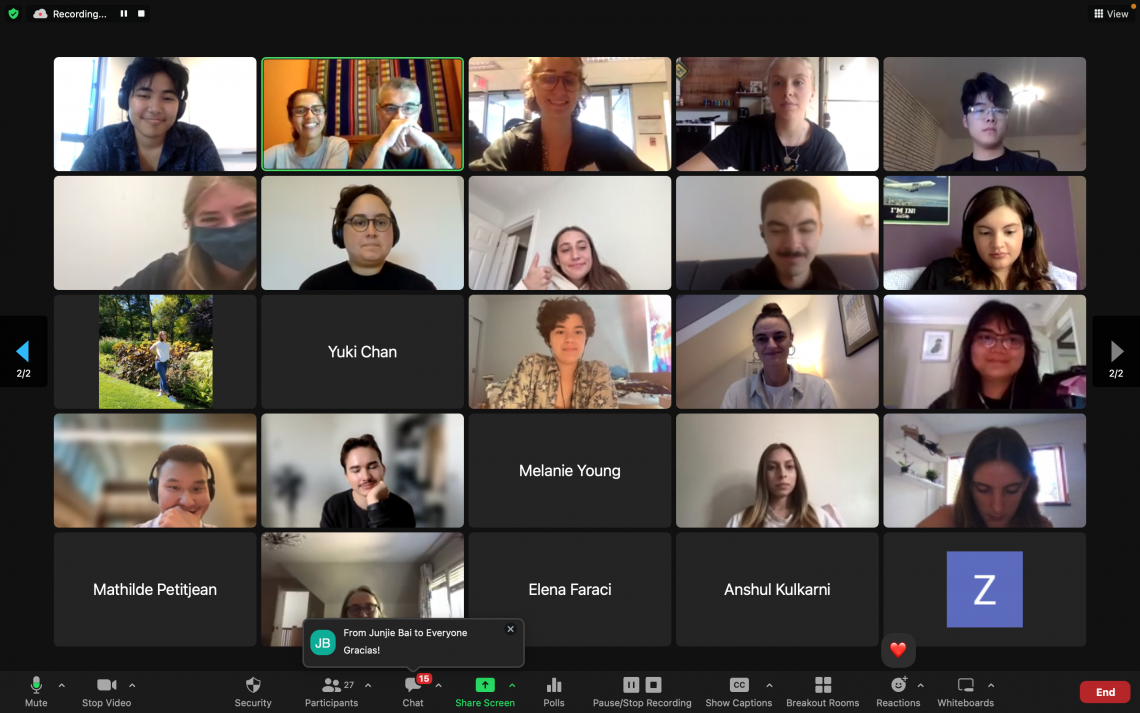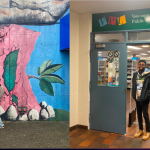UBC FHIS Spanish for Community – Redes de Solidaridad (SPAN 401_2022_W1)
Overview
A curriculum-integrated service-learning project on language mediation for upper-intermediate students.
As part of the community-engaged learning component, in partnership with Redes de Solidaridad, (Barrio Nueva Vida, Ciudad Sandino, Managua, Nicaragua), 26 students from SPAN 401: Upper Intermediate Spanish I, provided English translation/adaptation to “Estudio
Línea de Base ‘Situación de violencia de género contra la mujer. Barrio Nueva Vida, 2019’ Desde la voz de la mujer” the “Baseline Study of the Situation of Violence Against Women in Nueva Vida Neighborhood” (Ciudad Sandino, Nicaragua).
Spanish for Community Partner
Redes de Solidaridad: We had the opportunity to meet Enrique González, director of Redes de Solidaridad, who presented Nicaragua’s sociopolitical current context, answered students’ questions and explained the relevance of the project for the organization and the people it serves: “It is an extremely useful project to accompany requests for support from those agencies that require documents translated into English; as well as expanding the projection of our work to more countries and areas.”
From the linguistic and second language learning standpoint, two central aspects of this collaboration were student reflections on the implications of language mediation, and the application of hands-on translation strategies. Through both the translation process and the interaction with our partners, the students deepen their awareness about the current situation of violence against women, particularly those living in poor and vulnerable communities such as Barrio Nueva Vida, but also, regionally, in Central America.
Goals
The goals of this project, go beyond language learning, also touching on issues of intercultural communication, diversity and social justice:
- Prioritize our program’s accessibility and inclusivity by breaking down language barriers
- Offer hands-on language translation experience for UBC Spanish Language students
- Provide an opportunity for students to familiarize themselves with gender language and social justice discourse.
- Build a long-term partnership with an International ONG that allows students to learn first-hand, think critically and deepen their awareness regarding the realities of highly vulnerable people in Latin America, especially children and women.


Comments by amyla8